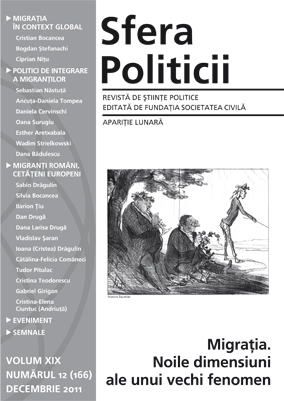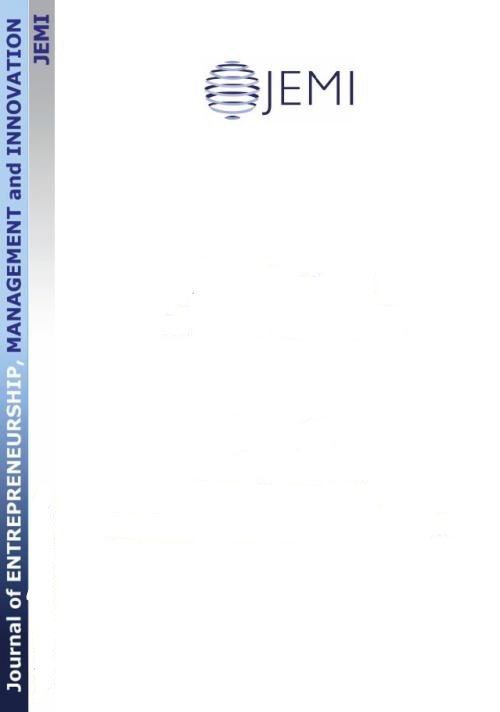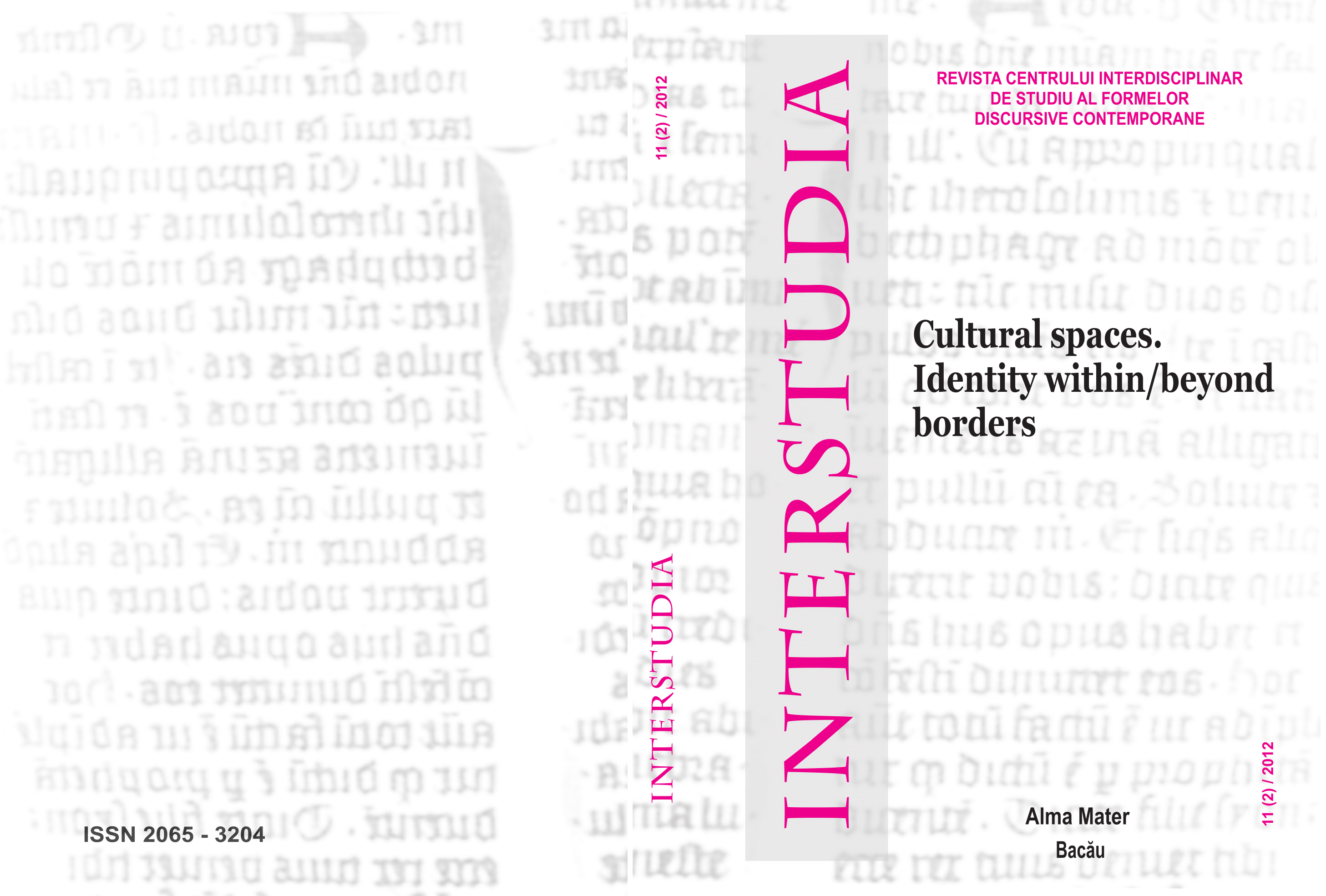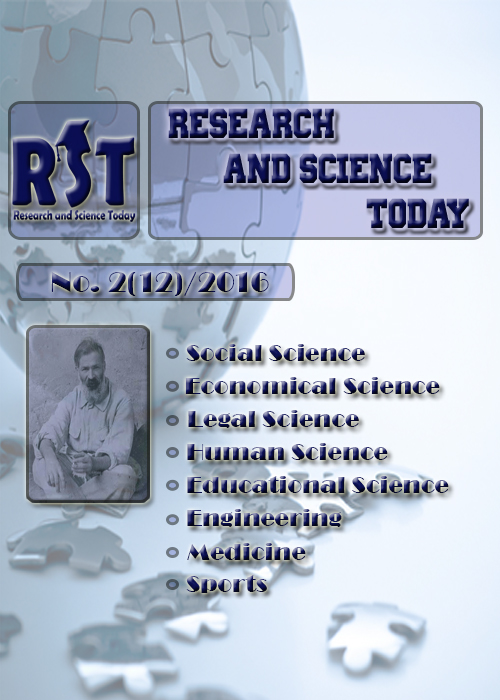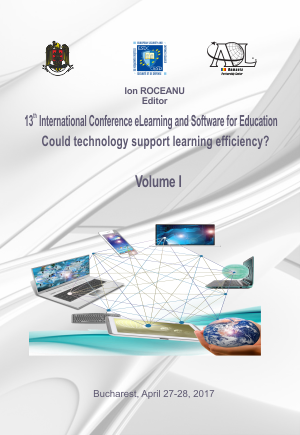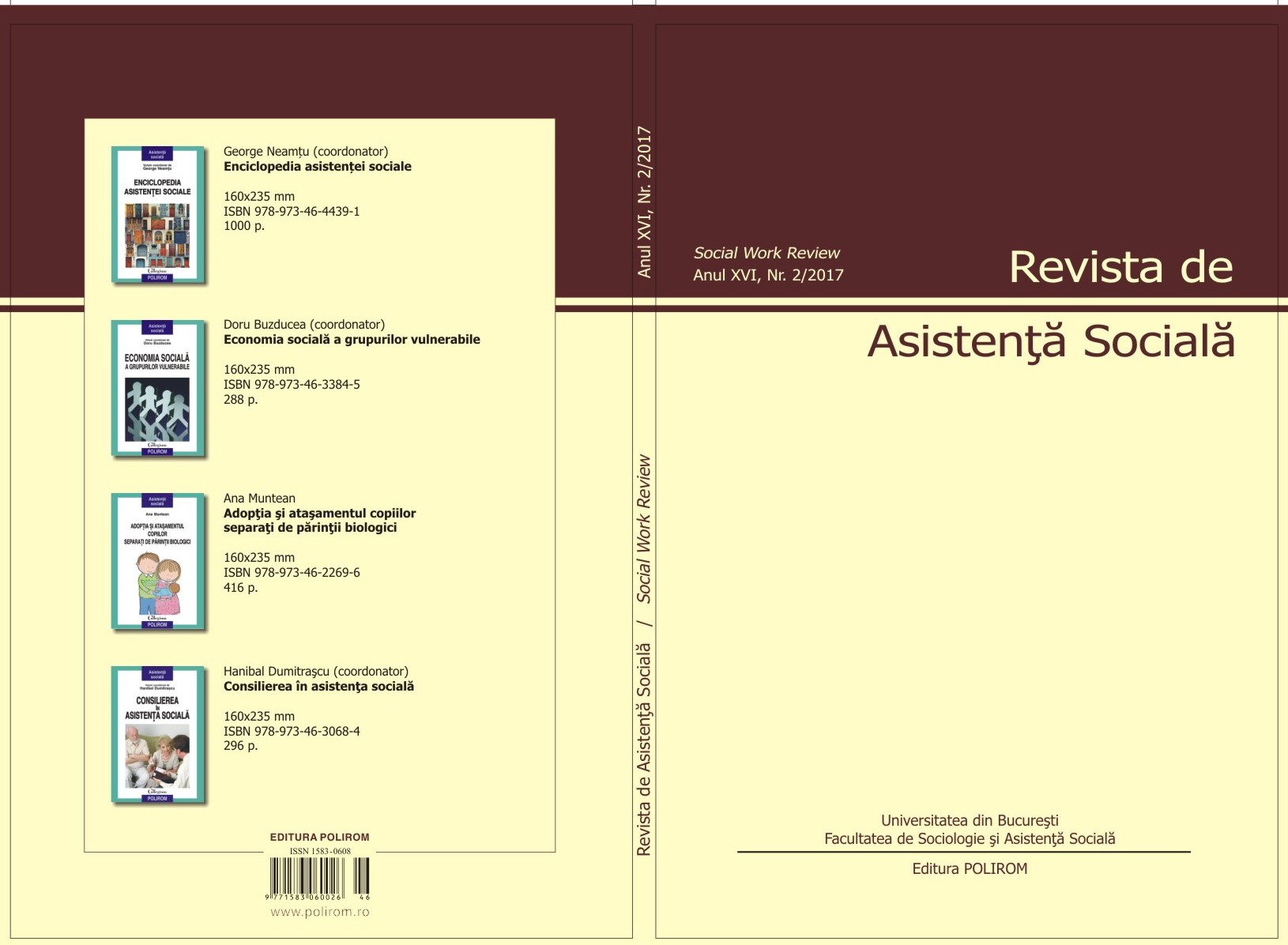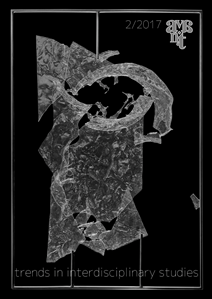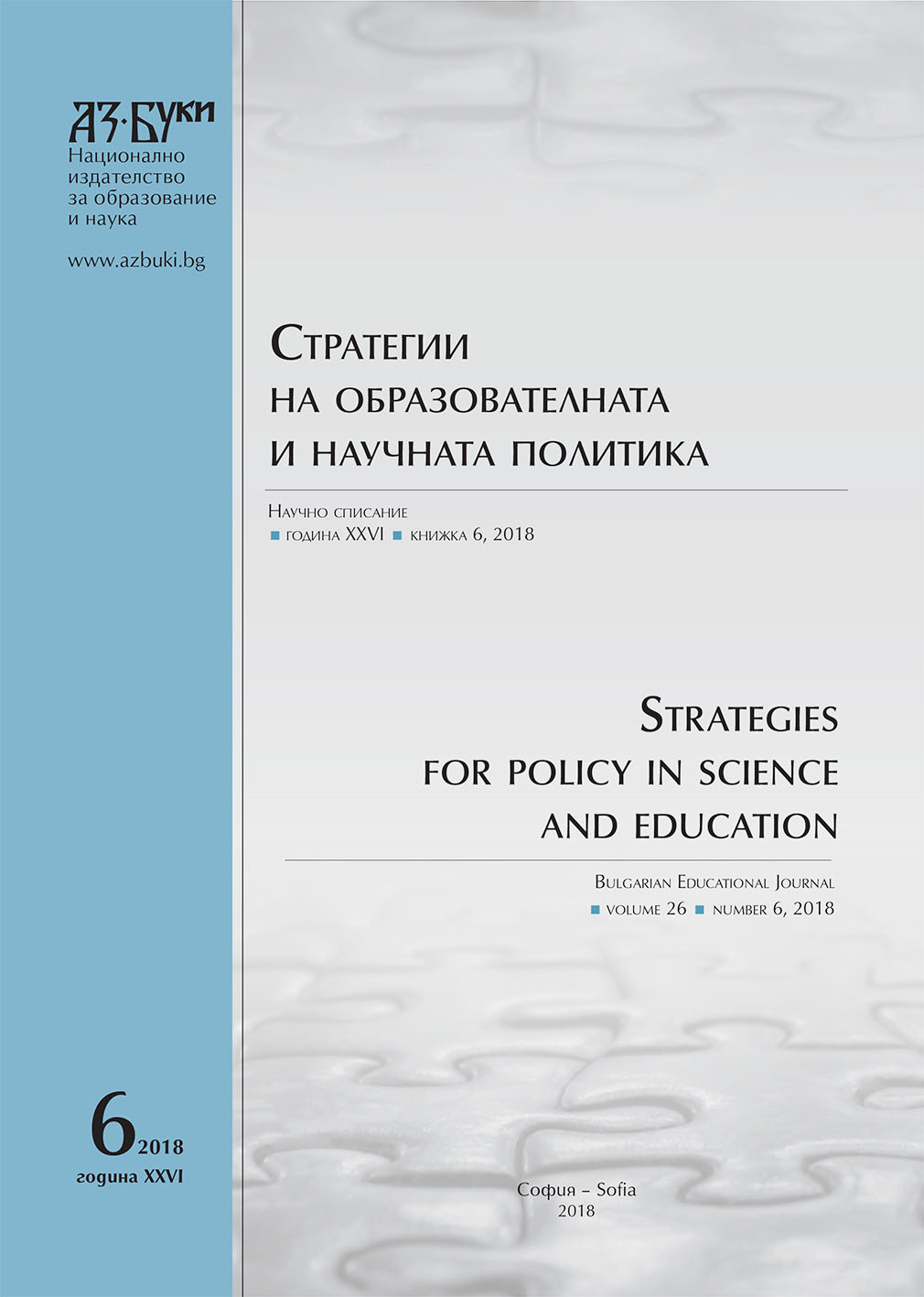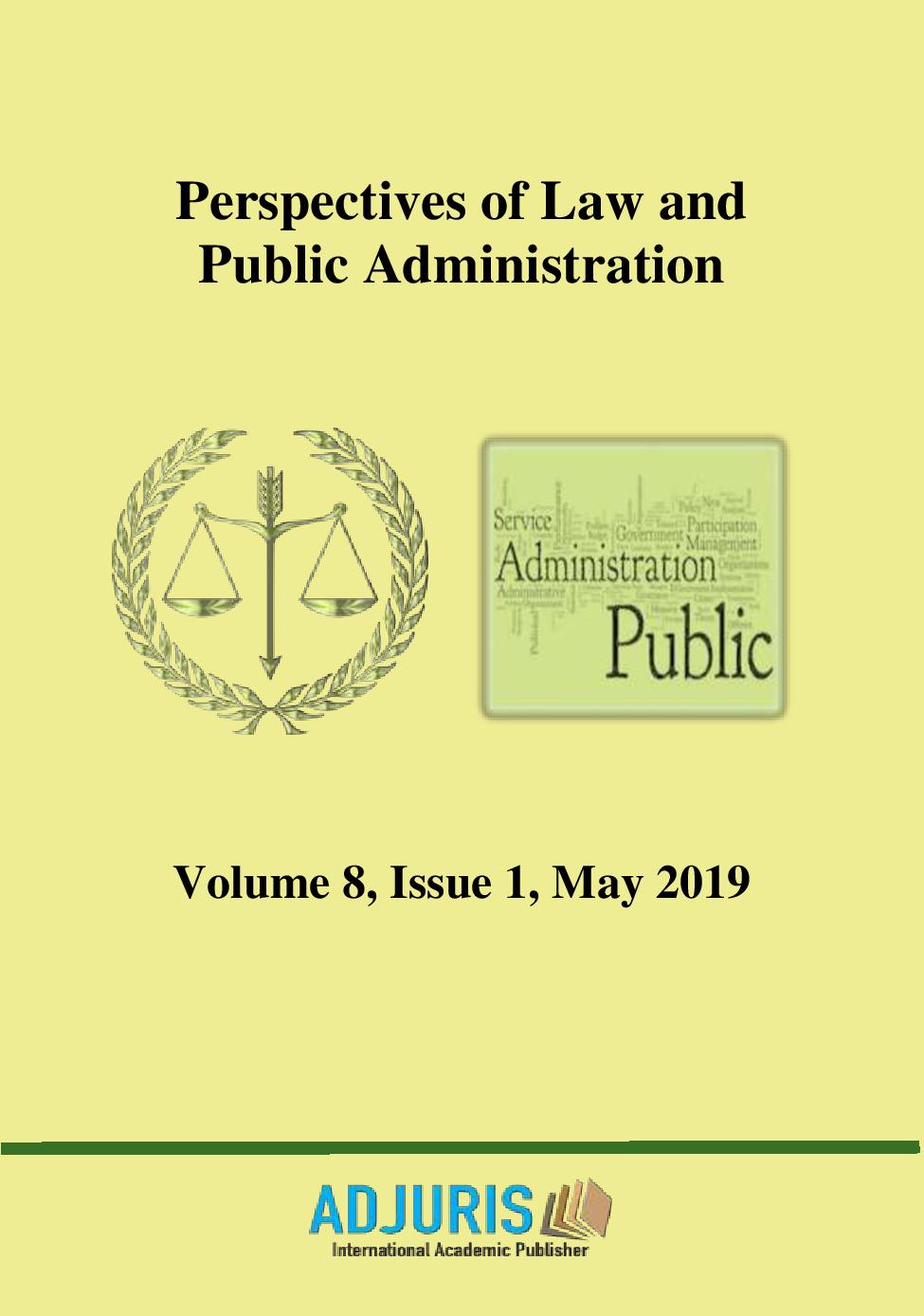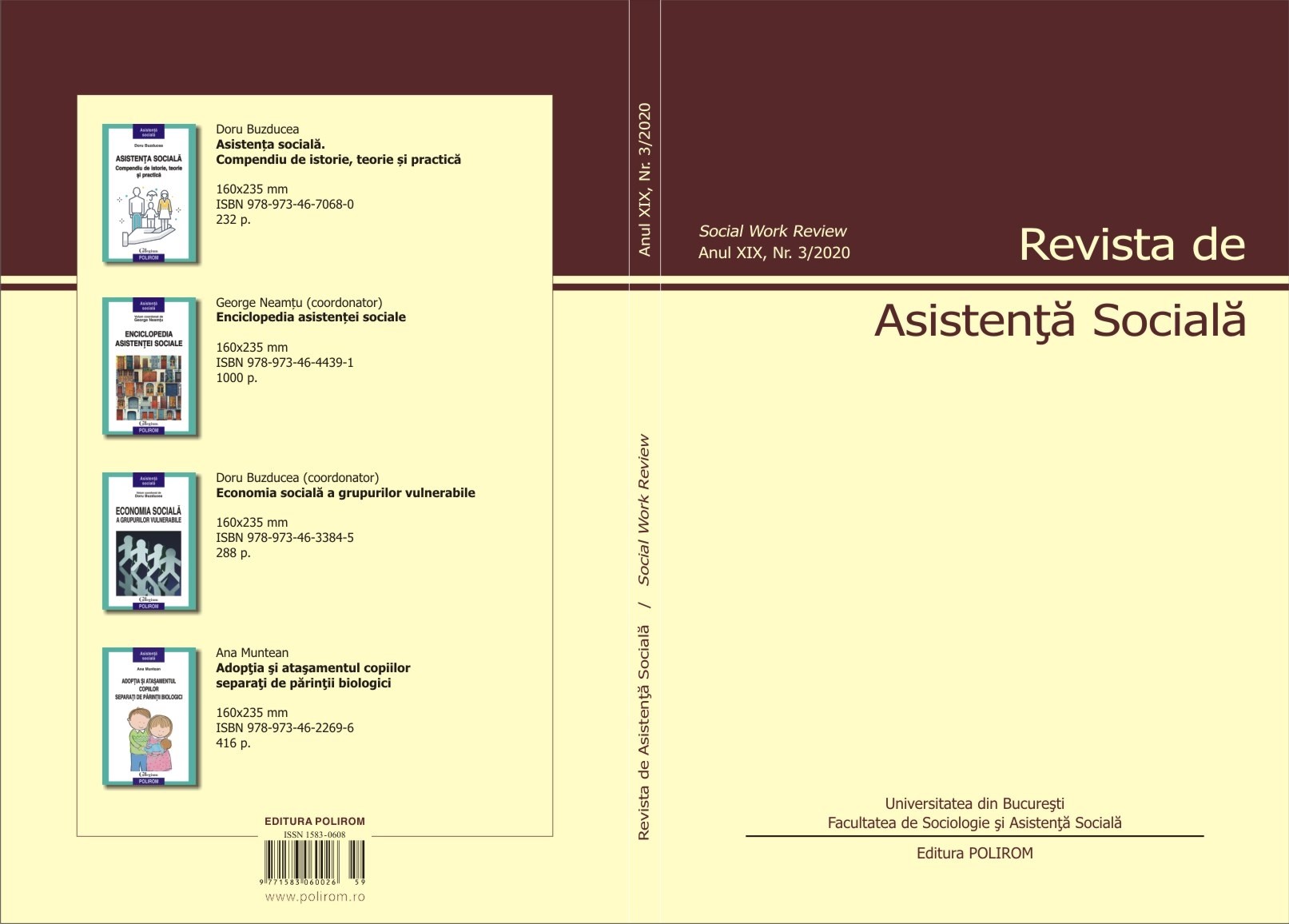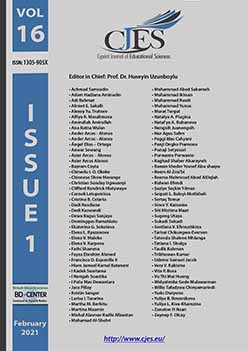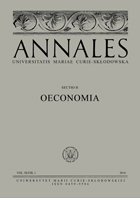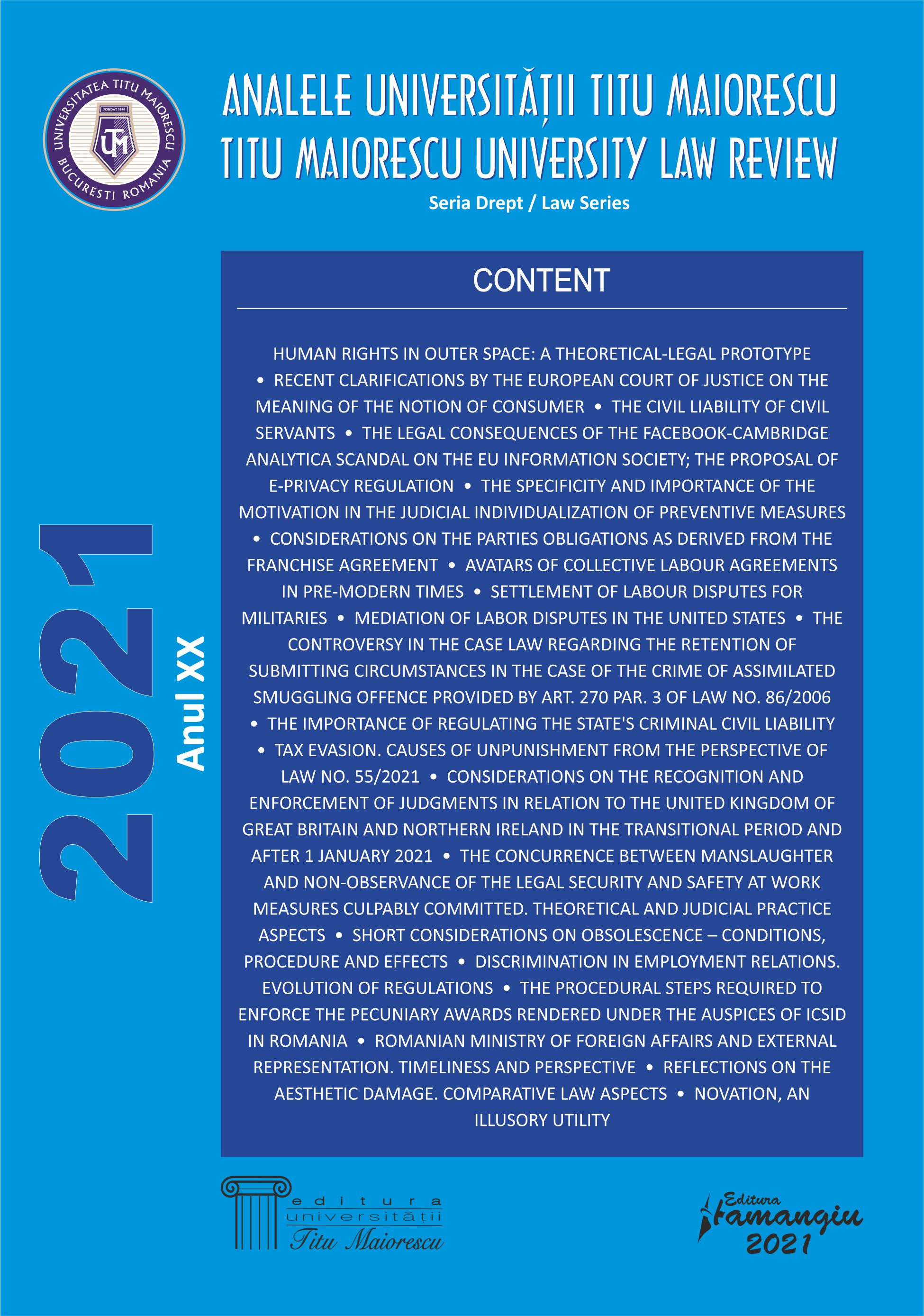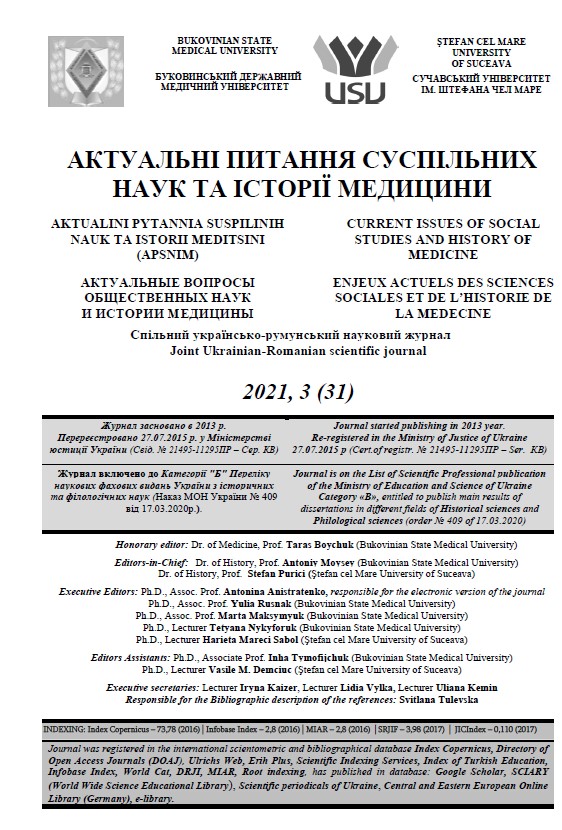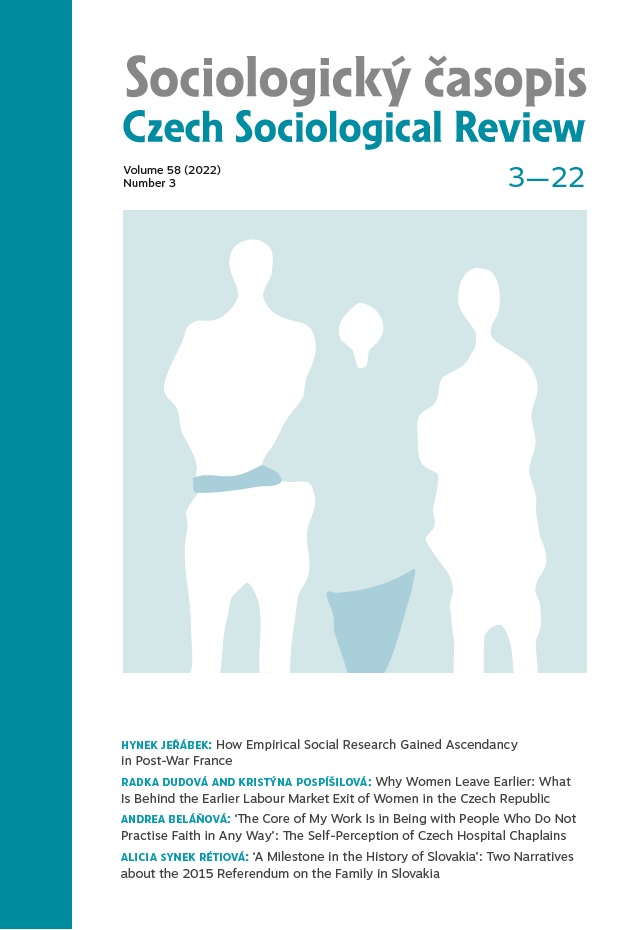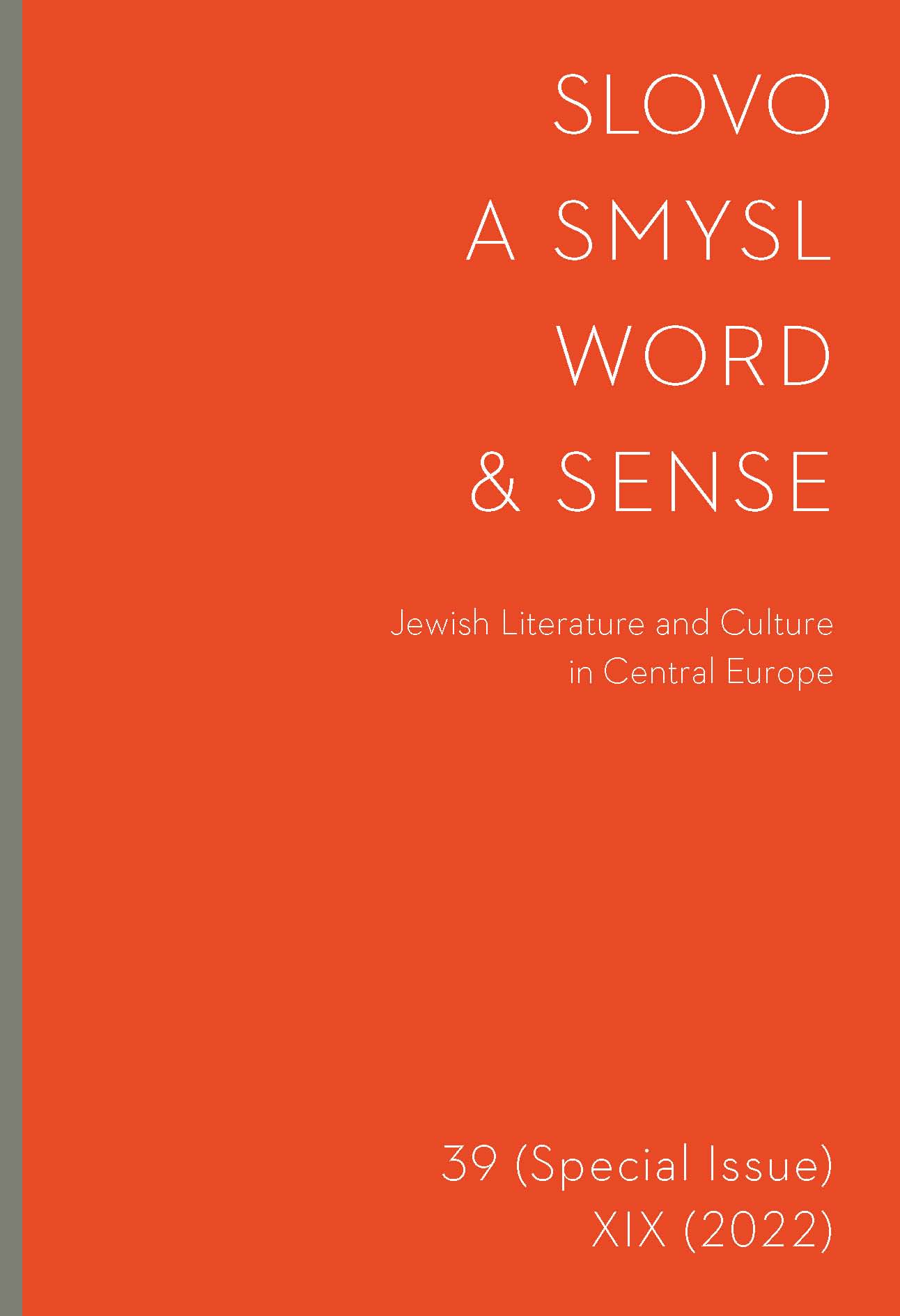Contemporary Challenges to Social Work
Education and Communication
Author(s): / Language(s): English
/ Issue: 2/2017
Keywords: education; teaching; learning
Social work education is undergoing considerable changes in Europe, such as the aging of populations with the risk of exclusion from participation in mainstream society, and also problems connected with care for illness, disability or loneliness, migration processes with their controversial and complex effects and their impacts on societies in terms of social inclusion and the embracing of diversities, the effects of globalization, the poverty that is still present in many countries, managerialism and its influence on the organization of welfare systems (Campanini, 2010). Therefore, it becomes necessary to explore the issues these trends raise for the training in the area and for the profession itself. Nowadays, social work educators, researchers, and practitioners have a considerable agenda to address. Exploring and understanding these challenges should be incorporated into social work curricula (Dominelli, 2007). Furthermore, communication in social work has become so complex and
sophisticated that it is creating new challenges to personal and professional relationships. We
need to theorize and test all these changes in order to promote the development of new models
of teaching and practice that respond to a wide range of social problems.
The aim of this issue is to provide an academic, scientific and professional space for describing and critically analyzing the present social work education system, focusing on the challenges and problems faced at macro level (educational policies), mezzo level (social work institutions and higher education providers), and micro level (students and teachers involved in this process).
How the articles reflect the thematic call
This issue contains 13 articles focusing on specific theoretical and empirical issues related to social work education and communication that are grouped into two main sections:
• Education, Teaching, and Learning in Social Work
This section contains six articles describing and analyzing different challenges of delivering educational programs for social workers. The article proposed by Sebastian Kurtenbach and Michel Bosse starts from the premise that today’s Europe is an ethnically diverse space and professionals from the social work field must prove their cultural competencies in delivering their programs. The authors describe the impact of a neighborhood’s ethnic diversity on social work, arguing the need to balance the power issues of the social work relationship.
Claudia Varga and her collaborators tackle education in the case of a vulnerable group: adults with addiction problems. Their perspective moves beyond the theoretical approach and present a research‑based course in adult education in recovery. Its added value is that it has been piloted in five different countries and, therefore, in our search of evidence‑informed practices it is a reliable tool that can be used in different social and psychological interventions.
Mihaela Gotea and Diana Cristina Bódi focus in their paper on an educational and support supervision program for social workers delivering services for terminally ill patients in advanced stages. Their program is valuable because it was generated and implemented as a direct response to the challenges and problems of the social work educational system in Romania. Through its critical reflection, this has the potential of becoming an example of good practice in the area of group supervision in social work with terminally ill patients.
Dănuţ Sorin Bălăuţă and Luiza Vlaicu discuss about organizing and perceptions of undergraduate student involvement in field practice at West University of Timişoara. The value of their work includes in their empirical study both the perspective of the students (50) and the field supervisors (10). Their results showed some problems that need to be addressed in regulating the field practice in order to be relevant in training. Students declared that they have the opportunity to acquire different skills such as patience, communication, responsibility, teamwork, empathy, organizational skills and that their learning interests match the institutional offer. However, field supervisors did not feel that students have sufficient knowledge of the social policies, the relevant legislation, and the network of social services available to the community.
Mihai‑Bogdan Iovu and Maria Roth examine the way graduate students relate to the assessment practices employed during their training. Starting from the premise that current higher education systems put pressure on faculty to employ different and new assessment methods in evaluating students’ learning, they carry a small empirical study on 25 graduate students enrolled in a children’s rights program. They conclude that the range of assessment methods used in higher education is considerably diverse, but students have contrasting images on various assessment formats and methods. In the trial of finding the right combination of methods, teachers must develop individualized assessment tracks, but this is time‑consuming for the evaluator and therefore not always taken into consideration.
Felicia Andrioni and Lavinia Elisabeta Popp address in their paper an important topic in social work education: graduate’s employability. They start their discussion from the different data on youth unemployment and focus on labour market insertion of social work graduates from a small public university in Romania during 2014‑2015. The analysis showed that the great majority of the respondents have a job after graduation, but not in their field of study. The training of youth in the social work field should be correlated with the labour market.
• Communication, Counseling and Supervision in Social Work Practice
The remaining seven articles shift the focus on more practical issues of communication, counseling and supervision for practitioners. Remus Runcan brings to discussion the effect of Facebook communication. The qualitative study addressed two categories of users: teenagers/youth and specialists (counsellors, therapists, spiritual leaders, and mass media representatives). He concluded that Facebookmania is a dangerous form of addiction, difficult to detect, but mostly seen for young users, engagement in this kind of social media encourages development of narcissistic behaviour through the continuous search for likes, and depression can act as a trigger in going online.
Emil Bartoş proposes in his study an analysis of suffering using the C.S. Lewis perspective. The author describes and reflects on the three concepts of suffering: philosophical (as part of human existence), theological (as a transformative process), and sociological (as an adaptive process). Given the nature of the social work process, where in most cases the clients go through different types of losses and emotions associated with these, the study is significant because it emphasizes one more role of internal human resources that the social workers must mobilize in their clients in order to help them solve their problems.
Sorina Dumitrache discusses in her paper about trauma as a dimension in social work practice. The compensating trauma is a topic that has not been intensively discussed in social work literature mainly because we do not very well know yet the ways to approach this phenomenon, which can become a chronic problem for the professionals. Working with traumatized clients generates similar experiences for the specialist. Therefore, this study is valuable in the social work field, as it describes and exemplifies what vicarious trauma is.
Gabriela Povian and Patricia Runcan used a semi‑structured interview on 10 participants as a tool of evaluating the role of social workers in communicating a positive HIV test result to an HIV tested person. Results showed that the pre‑ and post‑HIV test process strongly needs to be adapted to the needs of the people being tested for the first time and to the needs of their families. In this process, social workers play a key‑role in supporting seropositive people and their families in helping them find out ways and inner resources to help them and make their own future decisions. Indirectly, the article advocates for the need to include in social work curriculum classes or modules for this vulnerable population.
Sorina Poledna and Doiniţa Grosu bring to discussion working with migrant population, a theme that is well present in the public discourse. But this time the focus in on the professional level by analyzing the work of Diakonie Hamburg’s Counseling Center for Eastern European Persons. In understanding their professional work, a detailed description of the migration context in Germany and its regulating legislation is offered. The daily social work activity with migrants shows that the profession’s values such as human dignity, liberty, chance equality, self‑determination, and human rights respect are not fully expressed when working with such a vulnerable group. However, there is a new set of skills that social work education must address.
The last two articles from this issue talk about supervision in social work as an essential component of the social work practice. Virgil Dan proposes an extensive view on supervision, analyzing its history, evolution and current trends. The author concludes that supervision is the most important factor in ethical decision‑making, it increases self‑satisfaction, reduces stress and burnout, and improves the quality of services in social work. Keeping the same line of the role of supervision in constructing professional identity, Adriana Florentina Călăuz emphasizes the fact that the development and consolidation of the professional competence of social workers through supervision contributes to enhancing the quality of the social services. In this context, professional training development can be fostered through supervision programs.
References
Campanini, A. (2010). The challenges of social work in Europe. Psychologica, 52, 2, 687‑700.
Dominelli, L. (2007). Contemporary challenges to social work education in the United Kingdom.
Australian Social Work, 60, 1, 29‑45.
More...
